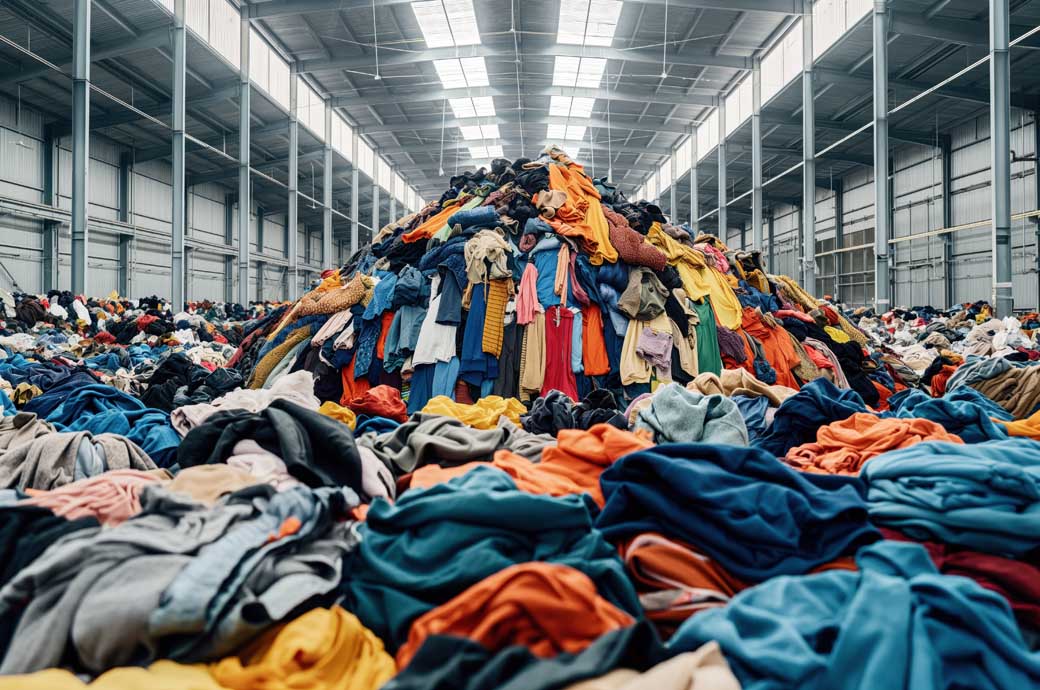
Further, federal entities carry out individualised efforts on textile waste and recycling and give these efforts a lower priority than other goals, GAO said in a recent report to Congressional requesters.
GAO identified opportunities for inter-agency collaboration to improve these efforts. In 2022, some federal entities took steps to formalise an inter-agency group, but these efforts have stopped, it noted.
Inter-agency collaboration that follows leading practices for enhancing and sustaining collaboration could leverage resources to improve the federal government’s capacity to reduce textile waste and further textile recycling, the report observed.
No standardised approach or national requirement exists for states to collect and report on municipal solid waste (MSW) data, including data on textile waste.
Available data related to textile waste in the United States are limited. States are not required to submit MSW data, including textile waste data, to the Environmental Protection Agency (EPA).
Additionally, waste characterisation studies are typically funded by taxpayer dollars, and studies only contain data on residential waste, not commercial waste, according to the recycling consulting firm representatives.
Information is not readily accessible on possible federal funding sources for efforts related to reducing textile waste and advancing textile recycling for other stakeholders, including municipalities and nonoprofit organisations, noted the report.
Further, states and municipalities often have different textile categories. Some state and municipalities textile categories could include rubber and leather, while others may include mattresses and carpets. EPA officials say not all municipalities have a category for textile waste, and as a result, textile waste data from states and municipalities are limited and incomplete, and it is challenging to standardise data across states.
Textile waste data aggregated from industry sources are of low quality, incomplete, outdated, poorly validated and collected using unreliable methodologies, the GAO report noted citing multiple stakeholders interviewed.
Sorters and graders that process used textiles are typically private companies that are not required to track or publicly report their data.
Textile recycling technology is in its infancy, according to federal, academic and non-profit documentation, and non-profit and industry stakeholders GAO interviewed.
If individuals increase their consumption of textiles, then the limited ability to recycle textiles in the United States will contribute to an increase in waste.
To make recycling economically feasible, recyclers must have consistent access to feedstock.
ALCHEMPro News Desk (DS)
Receive daily prices and market insights straight to your inbox. Subscribe to AlchemPro Weekly!